Indonesia is finally set to lift its five-month-long ban on iPhone 16 sales after reaching an agreement with Apple. According to sources, the government is preparing to sign a memorandum of understanding (MoU) with the tech giant, which could see the iPhone 16 back on store shelves within the week.
The ban, which began in October 2024, stemmed from a dispute over Apple’s investment commitments in Indonesia. The country had been pushing for Apple to increase its local investment and potentially begin manufacturing in the region. However, after months of negotiations, it looks like a deal has been reached — though not quite on Indonesia’s original terms.
Apple avoids local iPhone production, for now
According to reports, Indonesia’s Ministry for Industry is set to grant Apple the necessary permits once the MoU is signed. While the exact terms of the agreement remain unclear, sources suggest that Apple does not currently plan to start making iPhones in Indonesia.
This marks a shift from earlier reports, which indicated Apple was considering local manufacturing to meet Indonesia’s demands. Instead, it appears the company has resisted pressure, even as the country tightened restrictions in response to Apple’s delayed investment commitments.
Originally, Apple had secured an exemption from Indonesia’s strict import quotas by promising to invest around $110 million in local development and training. However, it reportedly fell short by about $15 million and also failed to meet local content requirements, which demand that 35-40 per cent of smartphone components be sourced domestically. Other manufacturers, like Huawei, have been working to comply with these regulations, but Apple remained an exception — until now.
A billion-dollar deal on the way?
When negotiations first began, Apple’s initial offer to increase its investment by $10 million was swiftly rejected. The company then upped the offer to $100 million, but that still wasn’t enough. Eventually, Apple put a $1 billion investment on the table — an amount Indonesia accepted, though not without some reservations.
Indonesia’s hesitation stemmed from the fact that this billion-dollar investment wasn’t for iPhone production but rather for making AirTags in the country. While Indonesia had been pushing for a more significant commitment to smartphone manufacturing, it seems the government has now agreed to Apple’s revised terms.
What comes next for Apple in Indonesia?
With the deal nearly finalised, Apple will move forward with its $1 billion investment, which includes the new AirTag facility, expanded research and development centres, and an increase in training programmes. Interestingly, this training expansion is being treated as an entirely new initiative rather than an extension of Apple’s existing developer centres.
For Apple, this agreement means the iPhone 16 can finally be sold in Indonesia without significant changes to its production strategy. Meanwhile, for Indonesia, the deal secures substantial investment, even if it doesn’t bring iPhone manufacturing to the country just yet.
With the MoU expected to be signed soon, all eyes will be on how quickly the ban is officially lifted and whether this marks the end of Apple’s regulatory headaches in Indonesia — or just another chapter in an ongoing saga.


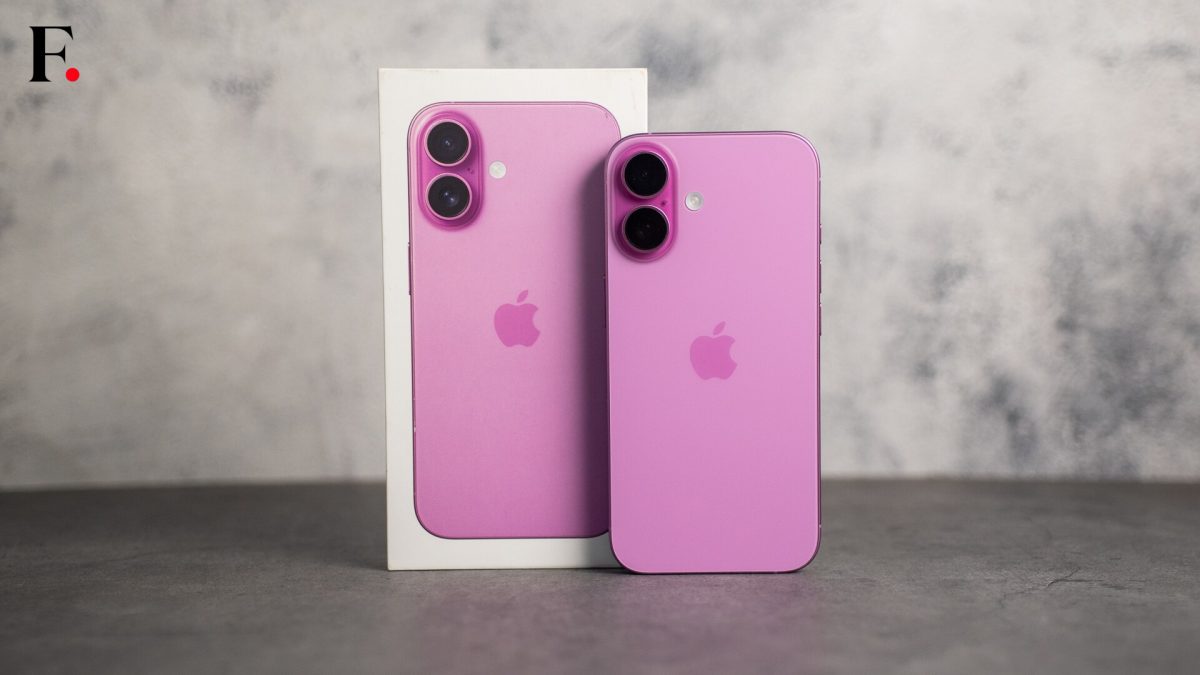)
)
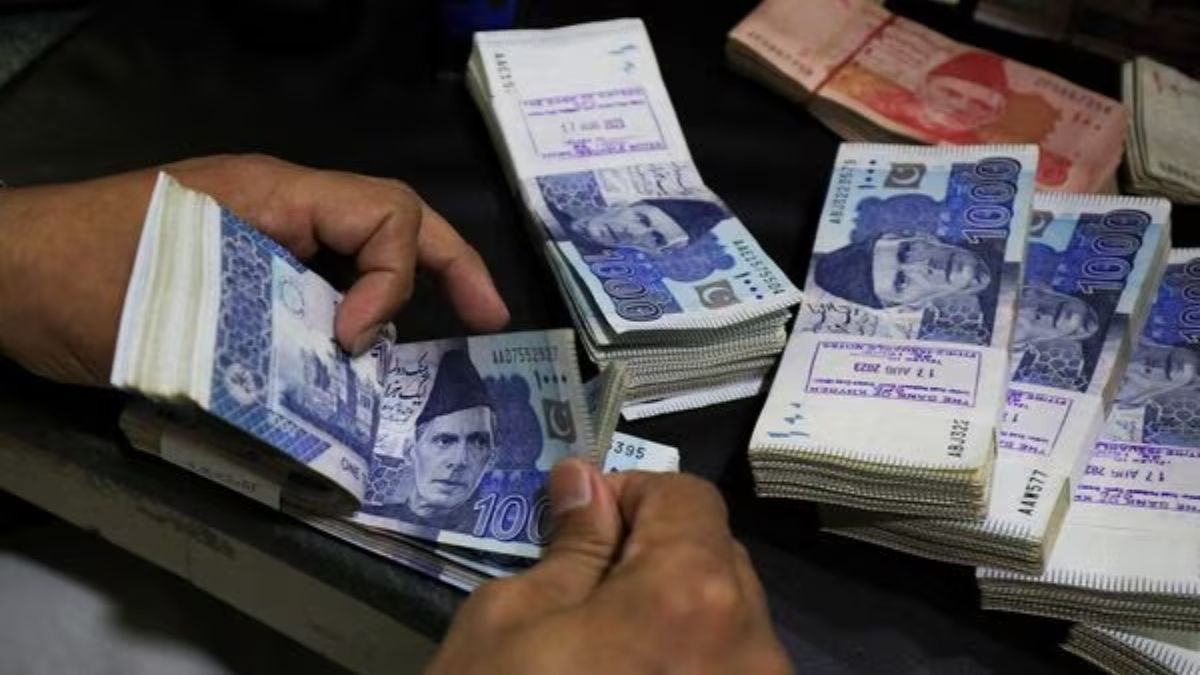)
)
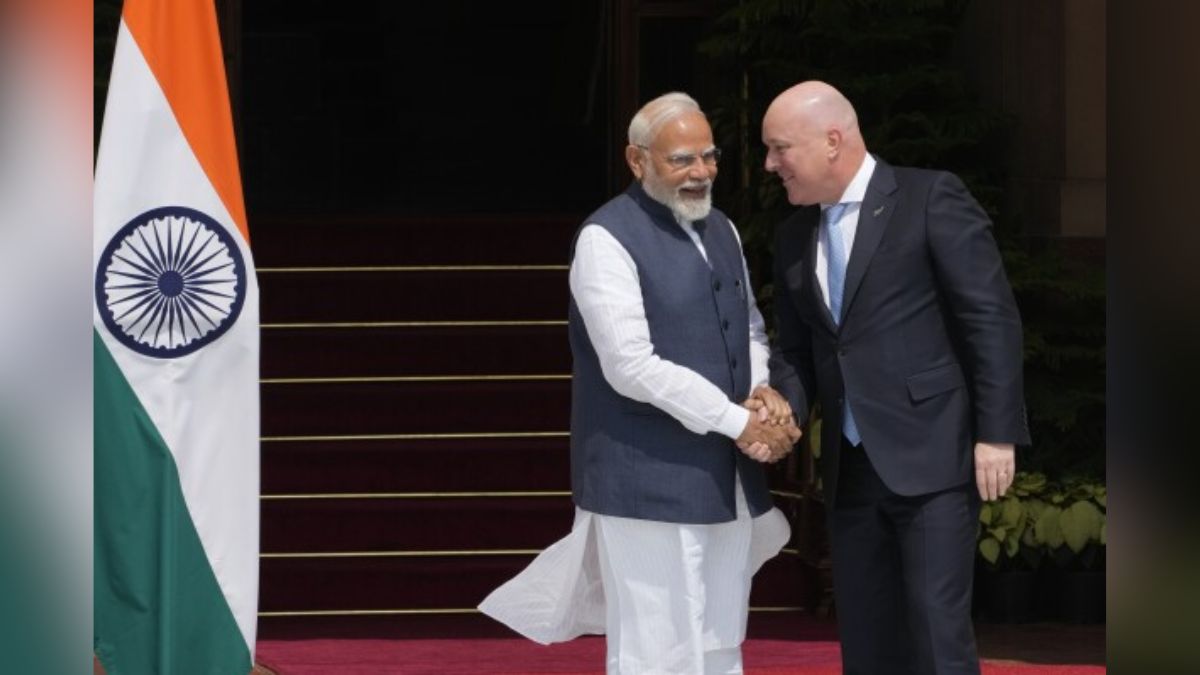)
)
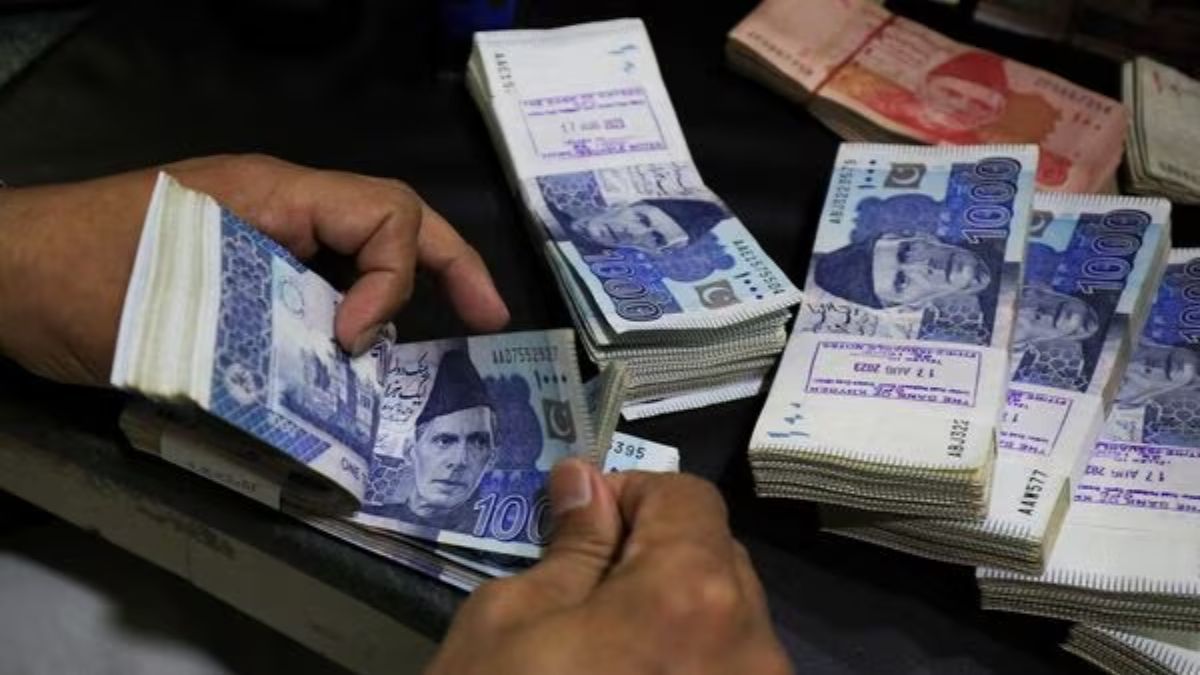)
)
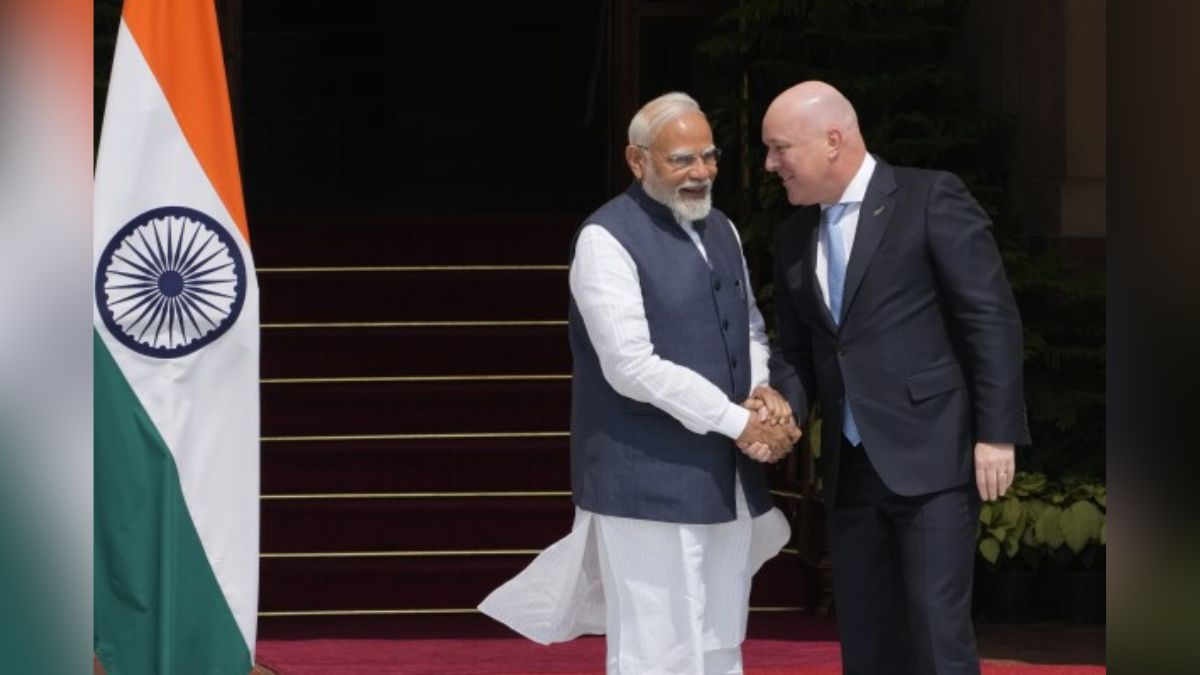)



